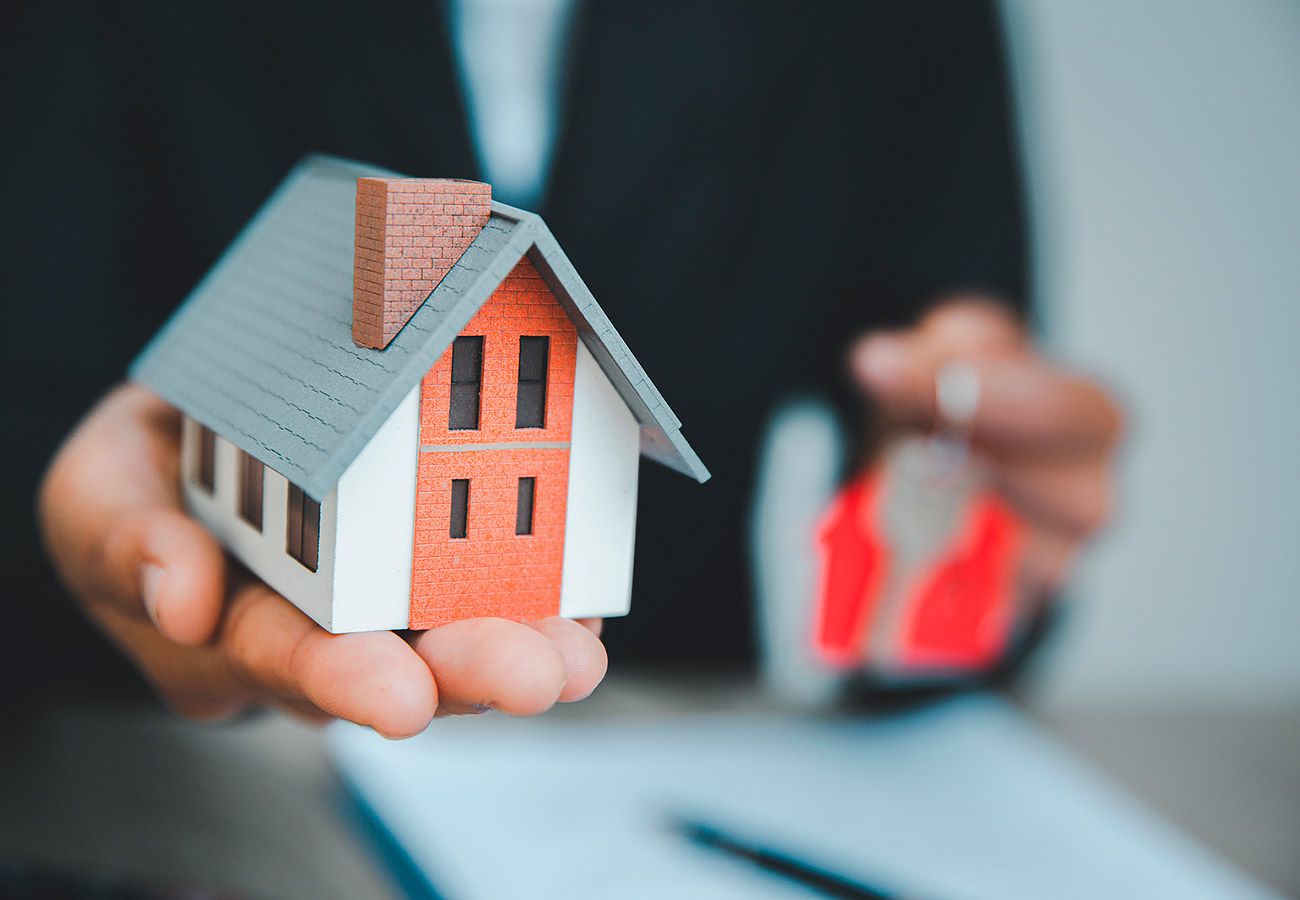A reverse mortgage or reverse home is a type of home loan that is generally available to homeowners in their 60s. or more that allows you to convert part of your home’s equity into cash while you keep the property.
This may be an attractive option for seniors who may feel “rich at home” but “cash poor,” but it is not for everyone. Consult an attorney, financial advisor, or housing advisor before making any decisions.
REVERSE HOUSING
In a reverse home, you are borrowing money against the amount of your home’s equity. Equity is the difference between the appraised value of your home and the outstanding balance on your mortgage. The value of your home increases as the size of your mortgage decreases and / or the value of your property increases..
The interest on a reverse home loan is compounded. This means that you are paying interest on both the principal and the interest that has already accrued each month. Compound interest makes your loan outstanding amount grow at an ever faster rate.
This means that a large portion of your home’s equity will be used to pay interest on the amount the lender pays you the longer your loan is outstanding.
Reverse homes are “non-recourse” loans, which means that if you default on the loan, or if the loan cannot be repaid in some other way, the lender cannot look at your other assets (or assets in your estate) for meet the outstanding balance of your loan.
Reverse home payments should not be made until some triggering event occurs, such as moving out of the home or the death of the borrower.
IS A REVERSE HOUSING RIGHT FOR YOU?
A reverse home is a complex financial product and you must carefully consider whether it is right for you. When considering whether to apply for reverse housing, you should consider, among other things, whether:
- You want to stay at home
- You are healthy enough to continue living at home
- Other alternatives, such as selling your home and buying a smaller, less expensive home, would be better for you.
- Your children or other heirs want to inherit the house
- The loan product will be enough, with any other source of income you have, it will be enough for you to live in your house.
This is not an exclusive list of issues to consider and each person’s situation is unique. It is important that you evaluate if a reverse home is suitable for your situation and you should consult with a legal or financial advisor or a housing counselor to help you evaluate your options.
Are you eligible for a reverse mortgage?
To be eligible for a reverse mortgage, you typically must:
- Owning your home
- Be at least 60 years old (as noted above, certain types of reverse mortgages have a higher age requirement)
- You live at home for more than half the year
- Have a single family home, 1-4 unit building, or federally approved condominium or planned unit development
- Don’t have liens on your home or qualify for a cash advance large enough from the reverse mortgage to pay any existing liens
- If your home needs physical repairs to qualify for a reverse mortgage, you qualify for a cash advance large enough from the reverse mortgage to pay the cost of the repairs.
–
HOW MUCH MONEY WILL YOU RECEIVE FROM A REVERSE MORTGAGE?
The amount of the mortgage will depend on the type of reverse mortgage, the age of the borrower, the value of the home and the prevailing interest rates. In general, the loan amount will be higher if the owner is older, the home value is higher, or the interest rates are lower.
RESUME
With few income options available to seniors, a reverse mortgage loan aims to make life easier for seniors. Here is the basic truth of the scheme.
To help older people who own a home but do not want to sell it and yet supplement their regular cash flow, the government of many countries has introduced the “Reverse Mortgage Scheme”. Helps seniors take advantage of the value of their residential property while living in the home during their lifetime.
Although these schemes have largely been a failure in some countries, due to the notions associated with property ownership, chances are the concept could gain some traction after the coronavirus pandemic.
Reverse Mortgage Scheme Basics
The reverse mortgage is the exact opposite of the home loan scheme. In the reverse mortgage, the borrower receives money in installments that is paid in full later. In reverse mortgage loans, one can avail payments in combination of a periodic lump sum or in the form of a committed line of credit.

–
The amount of the loan depends on the value of the house, the age of the borrower and the agreed interest rate.
The money borrowed under the reverse mortgage loan can be used for specific purposes, such as a medical emergency, daily necessities, repairs and renovation of the property and repayment of the loan taken for the same property.
–


